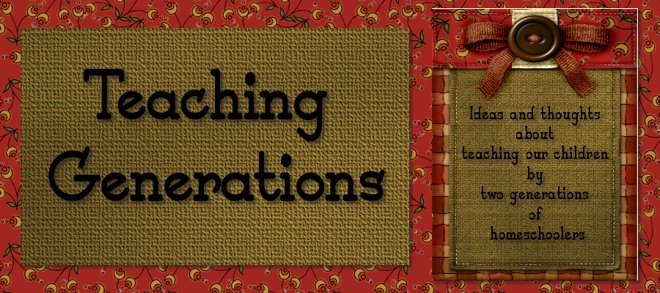Children are extremely sensitive. Not only are they affected by how we treat them, but they can detect real sincerity. I have found as I work with my daughters, if I am not really enjoying working with them (just pretending to have a good attitude) they can instantly sense it. They don't work as well. It's incredible how they can figure out sincerity! Maybe it is because they are so genuine themselves.
As I was working with my daughter with reading, we were reviewing some words she had read the previous day. She kept on making mistake after mistake. I started getting frustrated thinking I had spent so much time with her on these words and now she did not even know them. As our reading time continued, her reading became worse and worse. We ended with both of us feeling frustrated.
In my mind, I remembered a story shared by Shinichi Suzuki in his book Ability Development from Age Zero. He shared the following:
Here is another case which shows that happiness develops ability.
There was one child in my family with a learning disability. His mother scolded him very much when he was six. She said that he would not remember what she taught him. For some reason he could not remember the numbers from one to ten. "Why don't you understand? This is four and this is seven!" she scolded harshly as I watched.
"It will not do any good to scold him, " I warned. After some observation, I realized that four and seven were numbers that the child was scolded about and therefore he could not look at them clearly.
"Hey, come and play with your uncle," I called.
Then I made dice out of paper and on the faces I wrote only fours and sevens.
"Let's play dice," I said, and we started to throw. A four was thrown.
"Four! I said it first. I win, " I said. Again a four was thrown.
"Four! I won again." At this point the little boy was determined to try harder. Again a four was thrown and together we said, "Four!"
"Hey, you said it too!" I praised. His eyes began to sparkle. The game continued with both fours and sevens being thrown. Sometimes I said the answer slowly. Sometime I pretended that I did not know the answer and let the boy win Sometimes I said the wrong one and the boy made no mistake. In this way four and seven became his favorite numbers in a mere ten minutes.
I had the mother write the numbers from one to ten and have the child read them. He said four and seven the quickest and in the loudest voice. These numbers had become the most well known and fun numbers.
The problem is how to combine interest and training. If a child is always scolded about four and seven, his ability will not grow. Even if a parent overflowing with love for a child uses a bad method, the ability of the child will not develop.
Suzuki, Shinichi. Ability Development From Age Zero. Tr. Mary Louise Nagata. Secaucus, New Jersey: Summy-Birchard Inc., 1981.
Isn't this so true! When I am scolded about something that I fail at or someone tells me I can't do something, I can't seem to think clearly when I try to do it again. Now every time, I start getting frustrated with my daughter. I stop and tell myself that getting frustrated will only have the opposite effect of what I want. It will only slow her progress. If I am patient and genuinely happy working with her, she will learn at her own speed. I also love how Suzuki takes the skill and breaks it down to a more simple level. I have also tried doing this. It has been incredible to see the difference this had made!
Magic School Bus- All About Earth DVD GIVEAWAY!
12 years ago

No comments:
Post a Comment